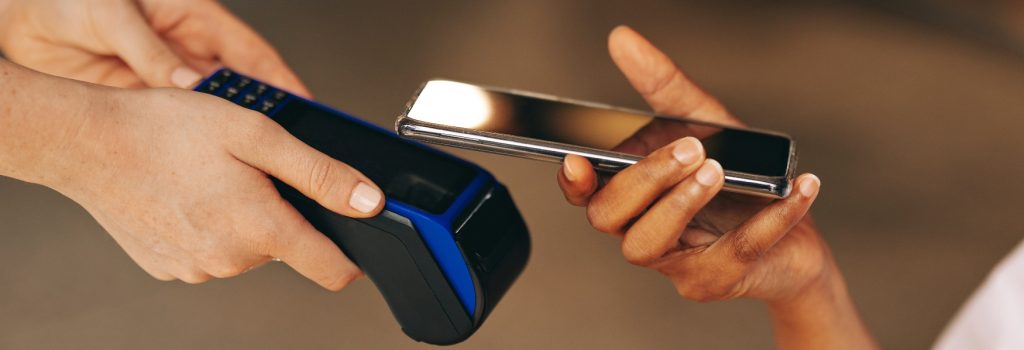Every nation has its own preferences, so don’t be surprised if you have to adjust how you make payments after relocating to another country.
Everything is foreign!
One expat partner who relocated to Germany told us that he was amazed that Europe’s largest nation hasn’t embraced digital payments. Making cash payments, he observed, is the norm for consumers. Indeed, credit card penetration in Germany is lower than in countries like the US and the UK. Besides being a bit more credit averse, Germans are more concerned by the lack of privacy with digital and plastic payments, the expat noted.
Cashless societies
Meanwhile, despite being the first country to issue banknotes, Sweden is the most ‘cashless’ society in the world today, according to Forbes. Swedes use Swish, an app that links the user’s mobile phone to their bank account. Users can make P2P money transfers and pay in-store by scanning a QR code to make instant payments. This summer in my home country, Ireland, I also noticed that when someone owes their friend a ‘fiver’ or a ‘tenner’, they just open Revolut – the digital banking app (founded in Lithuania) that also allows for real-time payments.
Convenience is king
Meanwhile, in Japan, newcomers might be surprised that it’s still common to pay for utilities and online orders at the nearest convenience store. But in China the smartphone is definitely king. We previously wrote about the ubiquity of WeChat, a multipurpose app that can also be used to make digital payments. Even in a wet market, you will likely be shown a QR code by a vendor. You simply scan to pay. Many other Asian countries like Vietnam are following suit with e-wallets and QR codes in all convenience stores, cafes and many restaurants. Many countries in Africa are also embracing the digital age with fintech solutions commonly used for payments. In Kenya, everyone uses M-PESA to make small transactions in shops / cafes, or to pay for their Uber taxi. A joint venture of Vodafone and Safaricom (the biggest Kenyan mobile operator), M-PESA is also used in Tanzania, Mozambique, South Africa, Congo DRC, Ghana, Egypt and Afghanistan.
On your checklist
So before you relocate, make sure you check to see what the payment preferences of your host country are. Is there an app you should download to make small payments around town? Or should you still have some old fashioned cash in your pocket?
This article was originally published for the thousands of expat partners that Global Connection supports around the globe. It is reproduced here in its original form.





